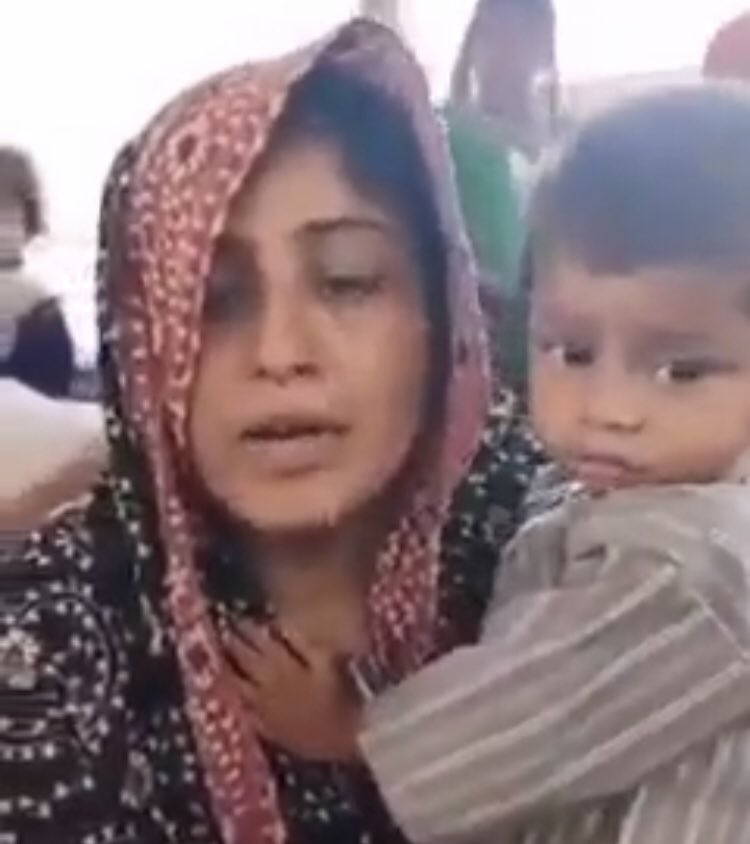
A polity’s inclusiveness is judged from whether women and minorities – ethnic and religious – are part of the political system. Pakistan has long failed on both counts.
While it is encouraging that in the upcoming elections, the number of women candidates filing nomination papers has surpassed the figures of 2018 and 2013. However, women still constitute only 11 percent of the total candidates. 3,139 women candidates out of over 28,000 candidates overall reflects the gender disparity.
According to a recent editorial in Dawn, “This discrepancy highlights a missed opportunity by political parties to promote a more balanced representation. The expectation was for parties to this time around actively encourage and support a greater number of women candidates, yet this has not materialised to a satisfactory degree.”
This issue was brought to the forefront by the discord within the PML-N. “The discord among women candidates in the party, who feel sidelined in favour of a select few — primarily from influential backgrounds — raises questions about the criteria for selecting candidates for reserved seats. This practice not only discourages dedicated party workers but also undermines the essence of reserved seats, which should ideally serve as a platform for diverse and representative female participation.”
Dawn’s policy recommendation was that “political parties need to establish and adhere to transparent and equitable criteria for selecting candidates, especially for reserved seats. Additionally, there should be a concerted effort to scout and mentor potential women leaders from various walks of life, ensuring more inclusive and representative choices. Moreover, political parties and the ECP must work together to remove barriers that deter women from political participation. This includes addressing societal prejudices, ensuring the safety of women candidates, and providing the necessary resources and training to potential women politicians.”
In conclusion, Dawn editorial recommended “The current state of women’s participation in national politics underscores the need for urgent action. Political parties, civil society, and government institutions must shoulder the responsibility to foster an environment where women’s political engagement transcends tokenism and becomes a cornerstone of our democratic fabric.”
![]()





